Noise and Hearing Protection Certification
One of the most important aspects of health and safety in the workplace is protection from noise hazards. Noise induced hearing loss is described as the most preventable occupational hazard. In the UK, it is estimated that more than one million workers are exposed to noise hazards on a constant basis, thus increasing the risks of permanent hearing loss, reduction in productivity and increased employee absenteeism.In the course on noise and hearing protection, you have the opportunity to learn about the following topics:-
-
- The negative impacts of loud noise levels on health and wellbeing and the different types of noise, including variable, impulse, impact and continuous. You will also learn about Britain’s noise control laws and how employers are legally responsible for noise reduction measures in the workplace.
-
- How employers should consider regular risk assessments that help identify sources and the number of people exposed to noise hazards. You will also learn the industrial sectors that are known for higher noise hazard levels.
-
- How elimination and isolation of noise hazards helps reduce noise and the important factors such as choosing the right places for machinery, checking for noise emission levels, fixing silencers and grouping together of machinery producing equivalent sounds.
-
- How the implementation of administrative controls such as planning activities outside of regular shift hours or outsourcing noise-producing activities to areas situated further away help noise reduction
-
- The different types of hearing protectors, including earmuffs and earplugs that help protect workers from noise hazards at work.
Important benefits of learning about noise reduction and hearing protection:-
-
- Employers can ensure compliance with UK’s health and safety laws.
-
- You have the opportunity to understand how exposure to noise hazards can result in health risks.
-
- Employers can consider investing in personal protective equipment, such as specialised earmuffs and earplugs that are suitable to the conditions at work
-
- You can implement engineering controls at planning stage to eliminate noise sources, as opposed to making changes later (which usually proves more expensive and less effective).





